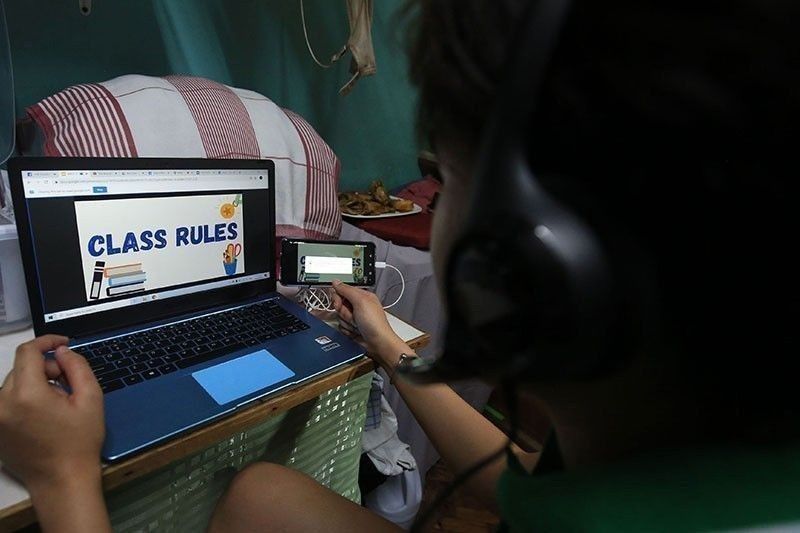UNESCO: Philippines still lacking in computers for students’ learning

MANILA, Philippines — While the Philippines is among the countries whose school administrators welcomed the adoption and use of technology in the curriculum and school management, it remains among the countries where most students do not have a computer for learning activities, a global education report has bared.
In the 2023 Global Education Monitoring (GEM) Report of the United Nations Educational, Scientific and Cultural Organization (UNESCO), the Philippines is noted as one of the countries that has positive “administrator attitudes” because of the adoption and use of technology in basic education curriculum and school management.
However, it was among the countries reported to have insufficient computers in schools, leading to more disadvantaged students, especially in rural areas.
“Disadvantaged groups have fewer resources at home, own fewer devices and are less connected to the internet… More than four in five students cannot connect online from home in Cambodia and the Lao People’s Democratic Republic, about three in four in Myanmar cannot do so and almost one in two cannot in Indonesia and the Philippines,” the report, released last Nov. 30, stated.
The report also cited a survey of Grade 10 students that found those enrolled in private and urban schools had significantly higher digital skills than their peers from public and rural schools.
“In the Philippines, public primary schools in the southern regions face more challenges in assessing and benefiting from the national education monitoring system,” the report said.
The lack of devices and digital infrastructure also makes it difficult for teachers to integrate technology into their professional tasks, according to the report.
“According to the 2019 SEA-PLM (Southeast Asia Primary Learning Metrics) survey conducted in Cambodia, the Lao People’s Democratic Republic, Malaysia, Myanmar, the Philippines and Vietnam, more than 75 percent of primary schools had computers, but only 22 percent of children were in a classroom where teachers indicated having access to a computer to support their teaching activities,” it said.
It added that the lack of computers makes it impossible to match the fact that over 80 percent of teachers in the country are very confident in using technology in teaching.
“In the Philippines, older teachers tend to be less enthusiastic about ICT (information and communications technology), whereas younger teachers embrace it more readily,” the report said.
In response to the report, Vice President and Education Secretary Sara Duterte said in a statement that it is the Department of Education’s priority to give children equitable access to technology and education.
- Latest
- Trending































